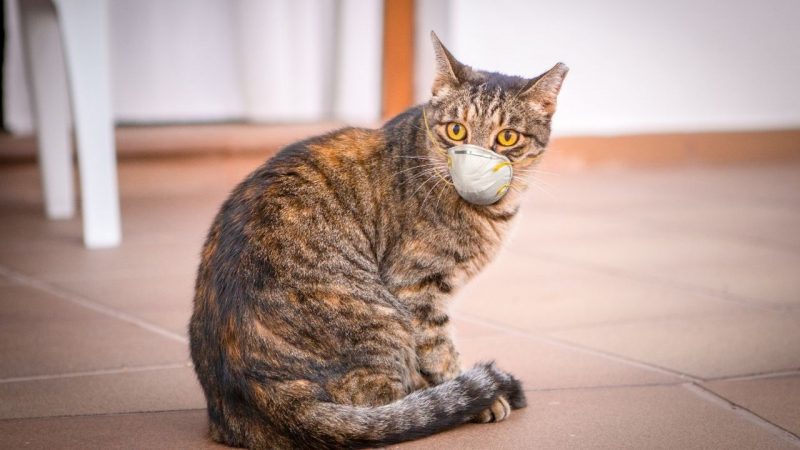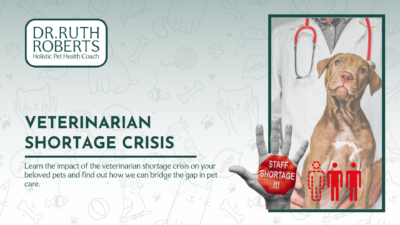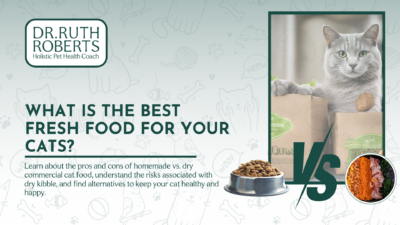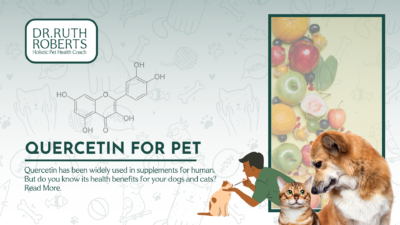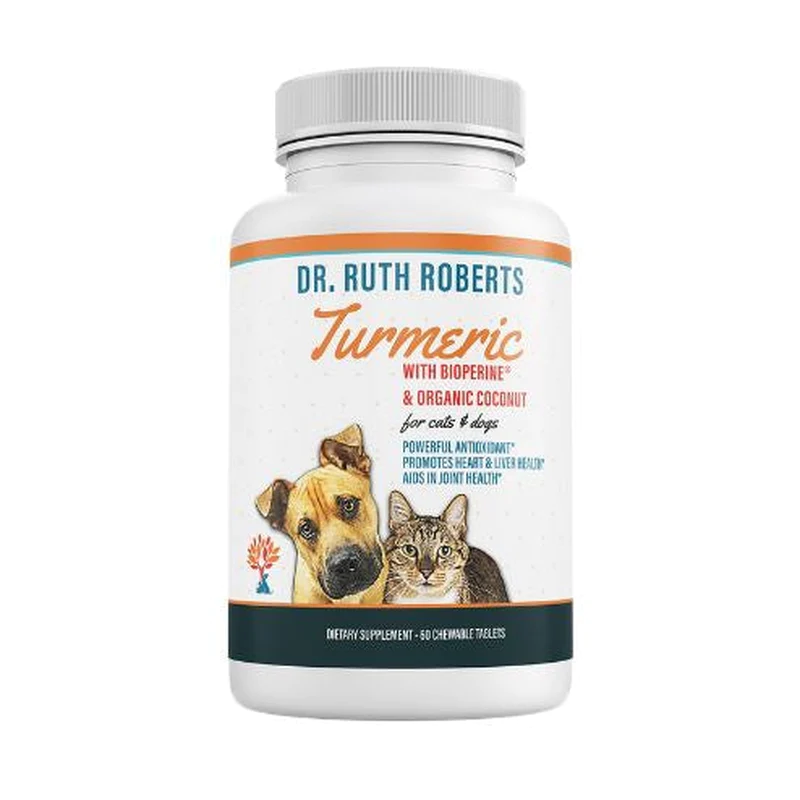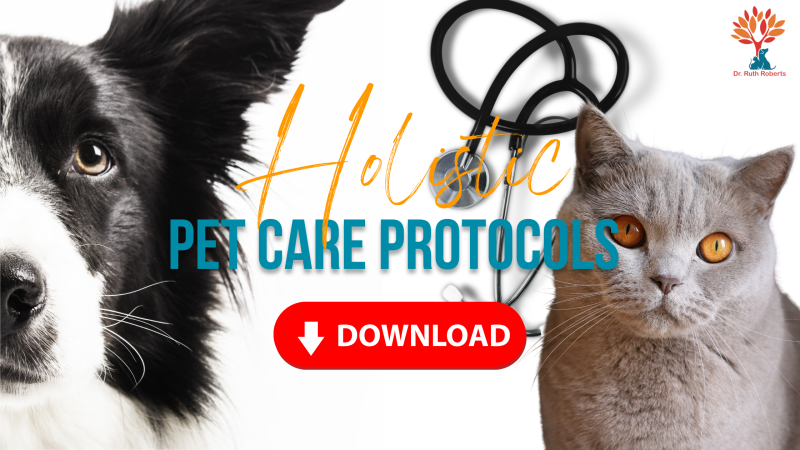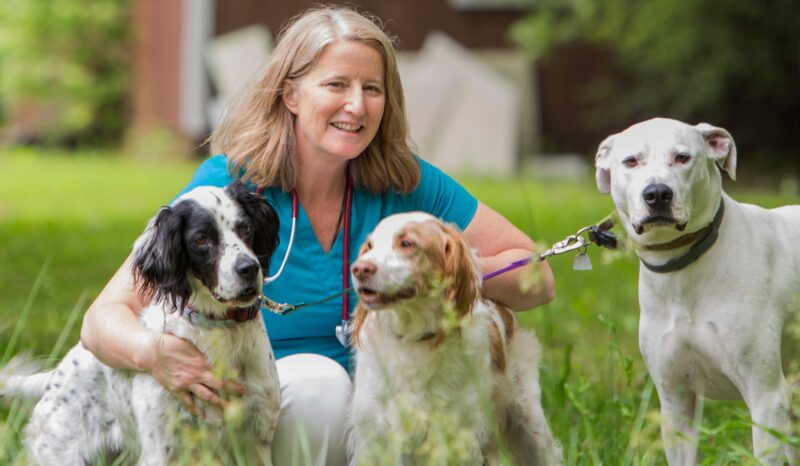The dangers and the effects of Corona Virus in Cats
Hello, I’m Dr. Ruth Roberts, your pets ally. It takes all of us to kind of keep everything sane I think. So I’ve got a bunch of questions this week about pets and coronavirus in cats and I’ve got some information to share with you about that and things that you can do at home to take care of really basic emergencies like diarrhea and bee stings, things of that nature.
Now, let folks know who you are, what’s going on, let us know how we can help you more.
What happens with transmission of Coronavirus in cats and a pack of pets that are close to us?
So what does all of that mean? you know, it doesn’t mean that we all need to give our cats up. Unfortunately here in Mexico, a lot of people are afraid that their pets will infect them and so they’ve taken, many have taken their pets to shelters . So here’s what you do need to be aware of. The virus is able to spread from cat to cat. We’re not sure if it transmits to people as well, but they can Harbor the virus in the upper respiratory system just as we do.

Kittens are more Prone to the Coronavirus
The other thing that was interesting is that cats less than four months of age were more susceptible than adult cats. So if you’ve got kittens at home, you have to be extra careful. So again, out of an abundance of caution, it may be best to keep your cats inside for now.
So even if you don’t have it, if they’re out cruising the neighborhood, they talked to other cats, they can potentially pick up the virus there. I have to tell you that Pepe is not amused about this because we know that this is the viruses transmitted with stool. We’re a masking gloves when you clean out the litter box. So if you use this gloves to do those kinds of tasks, then spray them with a Clorox solution, one part, Clorox to four parts water and then let it dry on the gloves to kill any you know, and hang them up and let them, let them get clean in that way.
And I’m going to talk about again why that is in a moment. Ideally, another person would care for your pets during this time, but if that is not possible, then wear a mask and gloves at all times when you walk, feed and interact with your pets. And don’t let them sleep with you. I know that’s really hard, but that’s really what needs to happen. So here is the link to the article about virus transmission and ferrets, cats and other and not happening in other species.
The Importance of Wearing a Mask
Now if you have COVID-19 or you've been exposed to it, wear a mask. And I'm going to tell you a little bit more about that in just a moment, to prevent spread of virus particles even if you are not coughing or sneezing.Now I mentioned wear a mask. And here is why. Here's a, an article about respiratory virus shedding, looking at not only COVID-19, but also the common cold rhino, rhino viruses, as well as the flu.
And masks help best with the cold and flu. But also with Covid-19, when you're coughing with the virus, and unless you really have something that sealing everything off, it still goes through.
But evidently it's seems to work reasonably well for for sneezing. So that's important. So if you're sick, to protect others, you need to you need to wear a mask to prevent the particles from spreading everywhere. So there is also a letter that has gone out, and I'm gonna post this link to the to a site. click Link , and link on how to wear a cloth mask.
You'll need to sign up for a free account to download it. See PDF. But essentially what they're saying is that they believe now that the virus can be spread through just breathing. And in fact, I've seen some papers where people that had the virus were known shedders of the virus. And here's can spread the virus up to six feet away just from simple breathing. So that social distancing thing helps, but you can still be exposed to it.
So it's so important to do this, to protect yourself, protect others, and you know, just, let's start using our common sense. It's important to wear these masks because if we can be infected with the virus, we know we're sick, but there's also something called an asymptomatic shedder, which I called my wife and she thought she, she was being yelled at. But what that means is that you've been exposed to the virus and it's replicating in your upper respiratory system. But you're not sick.
However, this means that you can give the virus to others simply by breathing and the others can be your cat which can further spread your family members, people you meet at random, out in the, out in public. So again, wear your mask, wash your hands frequently. So that's kind of what I've got for you today. I hope that's helpful. There's so much misinformation out there and so much confusing information about what do we do, what do we not do?
So starting the 16th, I'm going to be going on live every day until the 30th. And I'll answer questions that you have and then also share some information with you based on what we've been getting questions on over the last few days. So that's what I've got for you today. So there's the link to my regular Facebook page.
You can access the group through there or Oregon, the comments up here until Thursday. Take good care of yourselves. I'm heading over to go do a question and answer session for the folks in the iPets ally group right now. If you are not familiar with that, go check it out cause I think that's going to be a great source of information for you going forward. So take good care, stay safe. And until next week, I'm Dr. Ruth Roberts, your pet's ally.

